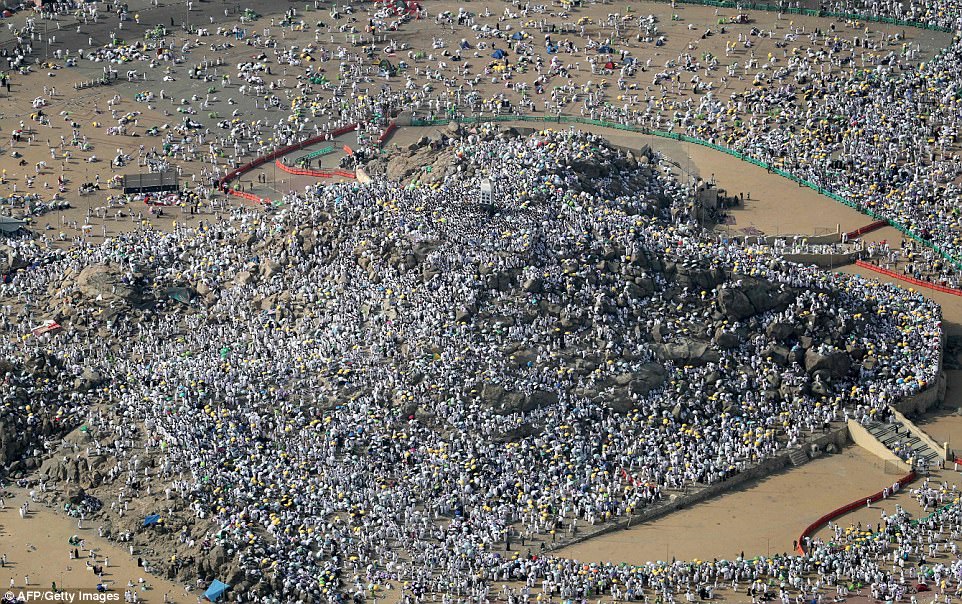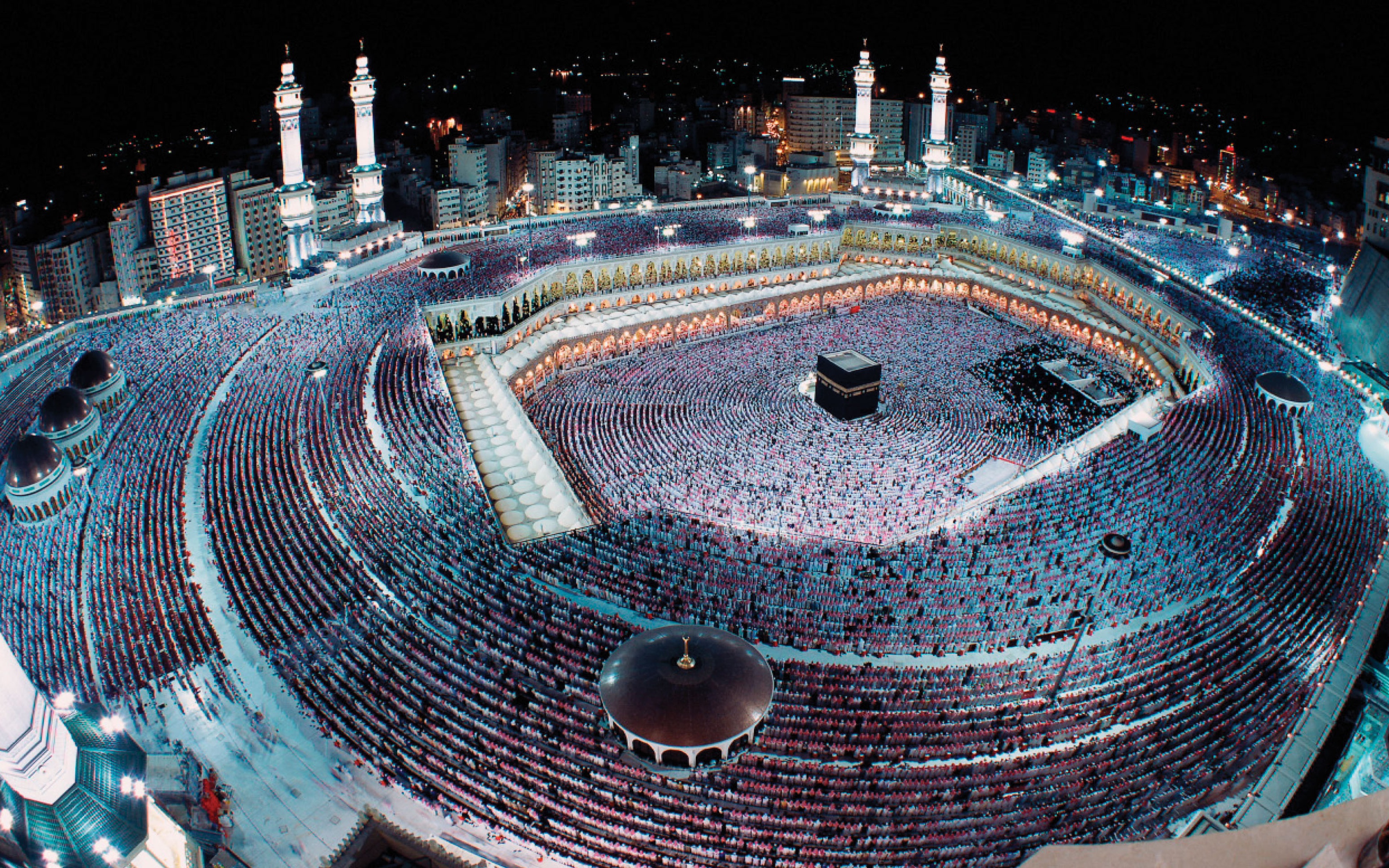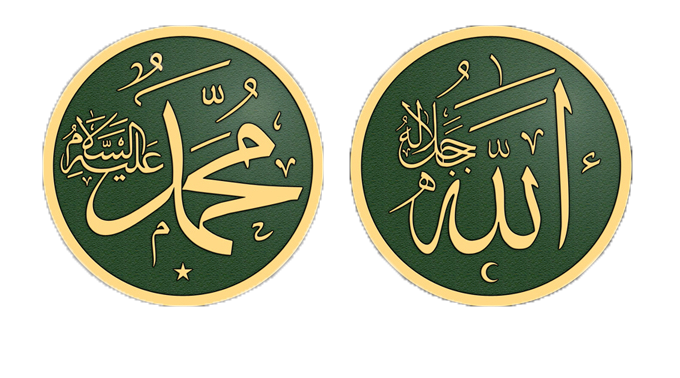1. To eat without washing the hands.
2. To eat without covering the head.
3. To eat in the dark.
4. To eat and drink whilst sitting at the doorstep.
5. To eat near the deceased.
6. To eat without bathing after sexual intercourse or a nocturnal emission.
7. To delay eating after the food has been served.
8. To eat on a bed without laying a dining-mat.
9. To eat on a bed whilst you are sitting by the headboard and the food is served towards the direction where you place your feet (at the time of sleeping).
10. To bite off the bread instead of breaking it with the hands (those who eat burgers should also take care).
11. To use broken clay or porcelain plates, cups etc. (It is Makruh to drink water, tea etc. from the side of a cup that is chipped. Do not use the plates, cups etc. that are cracked as there are many harmful germs and bacteria that may be embedded within the cracks and may cause diseases).
12. Not to clean the used plates, pots etc.
13. To wash the hands in the container used for eating.
14. To swallow food-particles stuck between the teeth after removing them by dental floss or toothpick etc.
15. To leave the plates, glasses etc. used for eating uncovered. One should recite Bismillah and cover them because if left uncovered, calamities descend into the food and drink and spoil them, causing illness.
16. To throw bread at such places where it would be disrespected or trampled by people.
17. To sleep in excess. (This can also cause ignorance).
18. To sleep naked.
19. To urinate shamelessly. (Those that urinate in public on roadsides should pay heed).
20. To be lazy in picking up fallen crumbs or bits of food from the dining-mat.
21. To burn the peel of an onion or garlic.
22. To sweep one’s home with clothes.
23. To sweep at night.
24. To leave trash (garbage) inside the home.
25. To walk ahead of the Mashaikh (scholars and saints).
26. To call parents by their names.
27. To clean the hands with mud or sand.
28. To stand whilst leaning on a side of the door.
29. To make Wudu in the lavatory.
30. To sew clothes etc. whilst wearing them.
31. To wipe one’s face with the clothing one is wearing.
32. To leave spiders’ webs in the home.
33. To be lazy in offering Salah.
34. To exit the Masjid early after offering Salat al-Fajr.
35. To go to the market very early in the morning.
36. To come back from the marketplace late.
37. To curse children. (Some women often curse their children. Then they also complain about the lack of blessings in sustenance).
38. To commit sins, specifically lies.
39. To put out an oil lamp by blowing.
40. To use a broken comb.
41. Not to make Du’a for one’s parents.
42. To wrap the turban around the head whilst sitting.
43. To put on the pants or pyjamas whilst standing.
44. To avoid performing good deeds.
— — —
Excerpted from:
Ta’leem al-Muta’allim Pages 73-76
Sunni Bahishti Zaiwar, Pages 595-601







